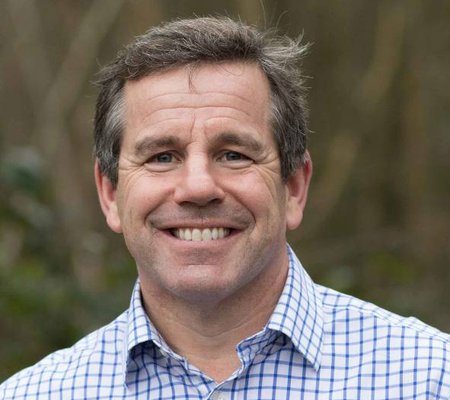News and presentations from today's Human Factors conference.
Human Factors: An Overview
Paul Davis MBE former National Investigator Healthcare Safety Investigation Branch (HSIB) and Patient Safety Specialist NHS Trust
• the basics of a human factors approach
• understands how a human factors approach could be embedded in your service
• enabling a person centred approach
• how to approach human factors improvement
Paul kicked off his presentation with a video from the 2011 Grand Prix showing Jensen Bennon making a major mistake on the tracks, but still managing to win the race. Paul used this to show delegates that no matter your profession or how much money you make, all humans are fallable.
He believes as a safety professional it is important to understand that we are all prone to making mistakes. To him human factors is about making it easy for the human and the system to work together easily.
Paul asks the audience what the difference between complicated and complex means to them. He says that a complicated system can have many parts overlapping components but still produce the predictable results. A complex system however can produce unpredictable results because there are so many variables.
With this in mind, he believes improving human factors should concentrate on improving complex systems as they are the areas that have the most room for unpredictability and mistakes to occur.
The Human Impact of Human Factors
Sue Hill Patient with Lived Experience
• putting patient experience at the heart of human factors
• my story
• co-operation between patients, families, clinicians and managers to improve patient experience and the management of human factors
Sue's passion all about giving support to patients after a human factors problem has occured. She begins her presentation detailing the story of her time in hospital after her surgery had gone wrong. The main thing that stood out is how no one acknowledged it, and no one asked her how she was coping with it.
When she left hospital she was incredibly angry at her surgeon and the other professionals there. She felt honestly that no one cared about the fact that the incident happened.
It wasn't until she met her surgeon again after returning to the hospital that they began to apologise for what happened and that her feelings were finally being seen. This made a huge difference for her and it is what jumpstarted her interest in human factors. She believes this experience has given her the knowledge to know exactly what needs to be improved and how to do it.